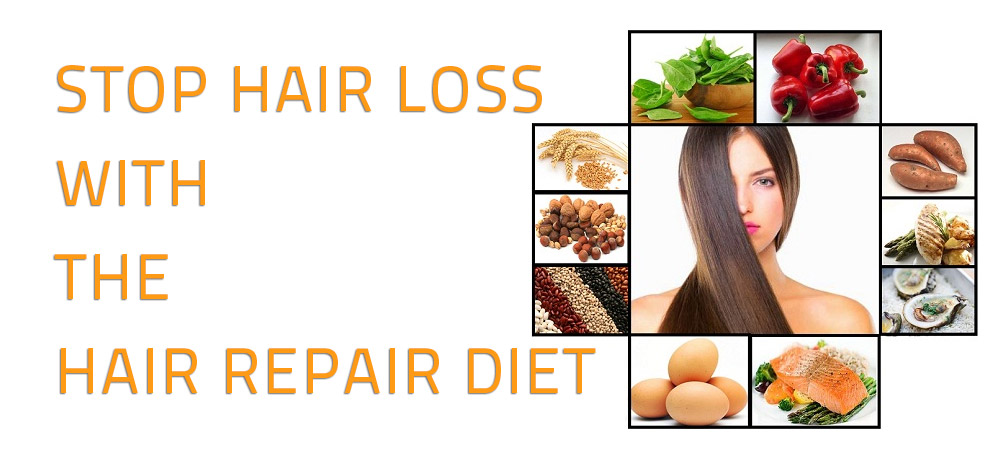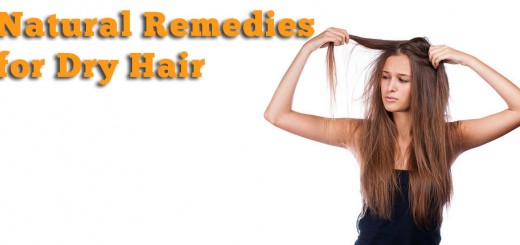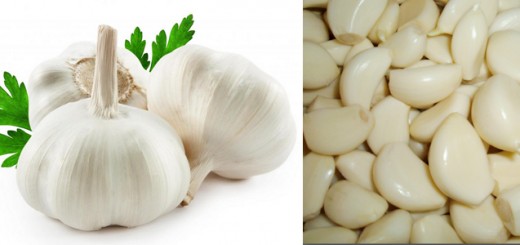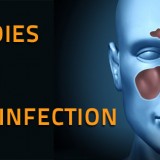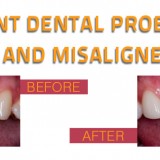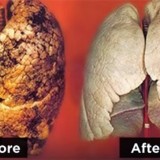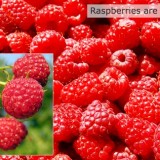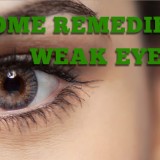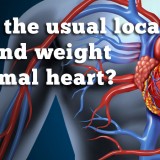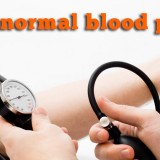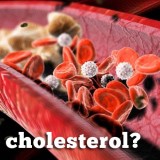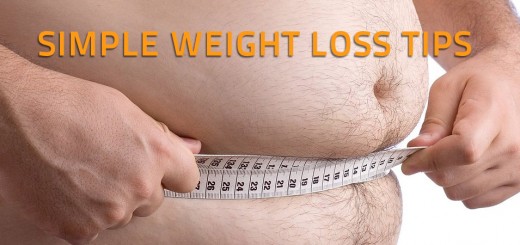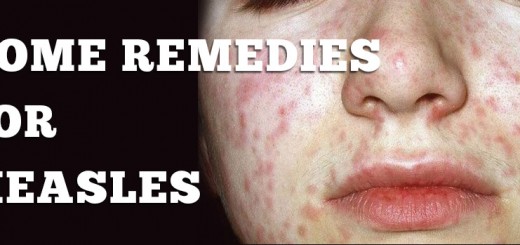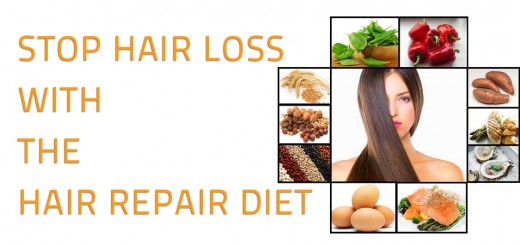If your hair is dry, dull, fragile, or falling out, the first thing that should be examined is your diet. The food you eat supplies specific nutrients to your body, which it then uses for countless metabolic and biochemical processes, including hair production and growth. Without the right nutrients, these processes can be hindered, affecting the health and appearance of your hair and contributing to hair loss.
Stop Hair Loss with the Hair Repair Diet
One glance at your split ends will reveal how much your hair has been through – dyes, bleaches, blow dryers, screaming hot irons. But it’s not the ends you should be worried about – it’s the roots. They tell the truth about how well you eat.
Read on for more about nutrients that nourish your hair from the inside out
1. Protein
Hair is made up primarily of keratin, a hardened protein. Without enough dietary protein, hair will grow slower and strands will be weaker. So a healthy mane depends on your main course.
However, not all proteins are created equal. Animal proteins, such as meat, eggs and dairy, contain all of the essential amino acids that the body can’t make on its own and form what’s known as a complete protein.
Non-animal proteins found in grains, legumes, nuts, and seeds are incomplete.
Fortunately, combining certain incomplete proteins will give you all the essential amino acids in one meal. Here are examples of foods that complement each other to make a complete protein:
- Grains + dairy: yogurt topped with granola, oatmeal with milk
- Seeds + legumes: hummus (chickpeas and sesame paste), trail mix
- Grains + legumes: rice and beans, peanut butter on whole wheat bread
- Grains + seeds: sesame bagel
- Legumes + dairy: chili topped with sour cream, bean and cheese burrito
- Seeds + dairy: sunflower seeds on cottage cheese
2. Omega-3
Eating a diet rich in omega-3, an essential fatty acid, nourishes and moisturizes dry, brittle hair and may relieve a dry, itchy scalp that’s prone to dandruff, psoriasis or eczema.
The best sources of dietary omega-3 are fatty fish, flaxseeds and some varieties of nuts. Herring has the most omega-3 per serving, followed by mackerel, salmon, trout, and tuna.
3. Iron
Found in hemoglobin, the protein that forms red blood cells, iron plays a starring role in oxygen delivery to all the body’s cells, including hair. Not eating enough of this mineral can cause iron-deficiency anemia, which can contribute to hair loss.
Here’s where your diet can pull double duty: Eat iron-rich proteins. Heme iron in animal protein is more easily absorbed than non-heme iron, which is found in plant proteins like lentils, beans and tofu.
But what if you’re a vegetarian?
If you rely on plant foods for iron, combine them with a vitamin C-rich food to promote absorption.
Some prime examples:
- Bell peppers with lentils
- Broccoli with tofu stir-fry
- Stewed tomatoes with beans
- Orange juice with iron-fortified cereals, such as Total or Special K
4. Vitamin C
Not only does this nutrient help maximize iron absorption, vitamin C is also necessary for collagen production. This fibrous protein is found in all kinds of connective tissue, as well as skin and hair, and provides structural integrity, strength and resilience.
A diet rich in fruits and vegetables – especially citrus and dark leafy greens, such as kale, Brussels sprouts and spinach – will supply your body with plenty of vitamin C.
5. B-Complex Vitamins
B vitamins, especially folate, biotin and vitamins B6 and B12, are important for healthy hair growth. A vitamin B deficiency can lead to excessive hair loss, slow growth and weak, brittle strands.
In fact, if hair loss is due to a lack of biotin, eating foods rich in this B vitamin will fix the problem.
6. Zinc and Copper
Both of these minerals are important to healthy hair.
Zinc is essential for the growth and repair of tissues throughout the body, including hair. A zinc deficiency can lead to slow growth, hair loss and dandruff.
Copper is a component of melanin, the pigment found in hair and skin. Deficiency of this mineral may contribute to premature graying.
Foods rich in zinc include animal proteins, shellfish, peanuts, pumpkin seeds, chickpeas, and wheat germ.
Copper is found primarily in liver and oysters – two foods most of us don’t eat on a regular basis. More common food sources of copper include artichokes, avocados, bananas, garlic, legumes, mushrooms, nuts and seeds, potatoes, prunes, radishes, soybeans, tomatoes, and whole grains.
7. Water
The ultimate “nutrient,” water is essential to every single cell in the body. And it’s not just your mouth that gets parched – your hair does, too.
Chronic dehydration can contribute to dry skin and a dry scalp.
Unfortunately, taking extra long showers won’t do the trick; your body needs to be hydrated from the inside out.
So drink up!

